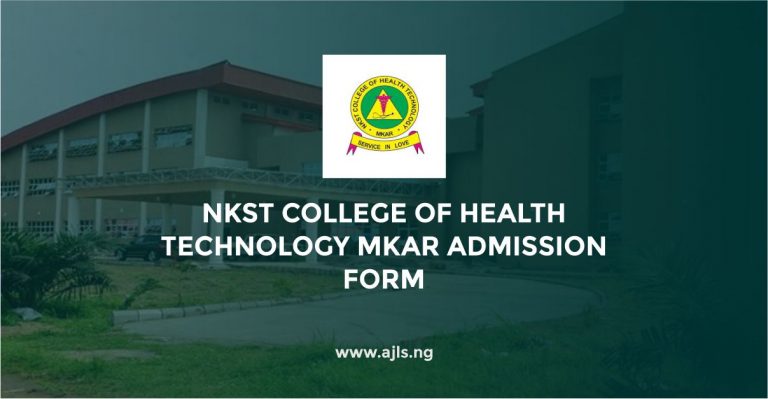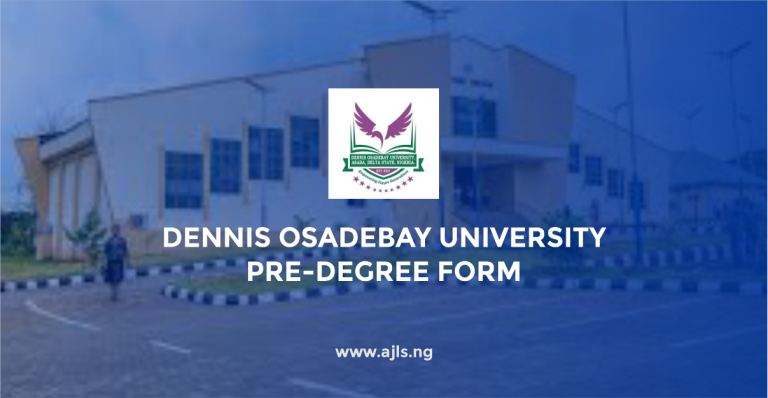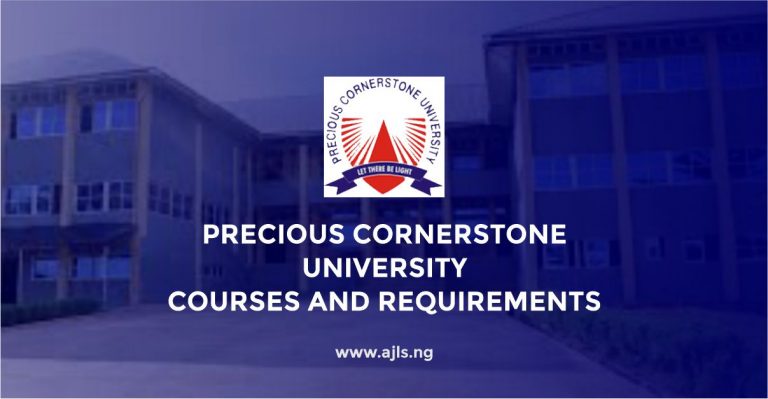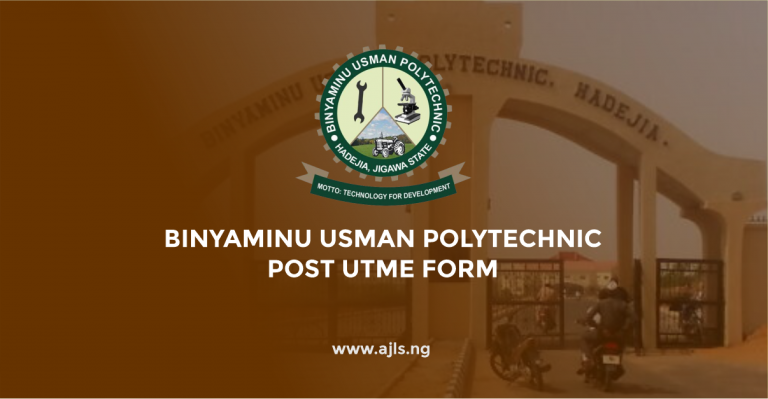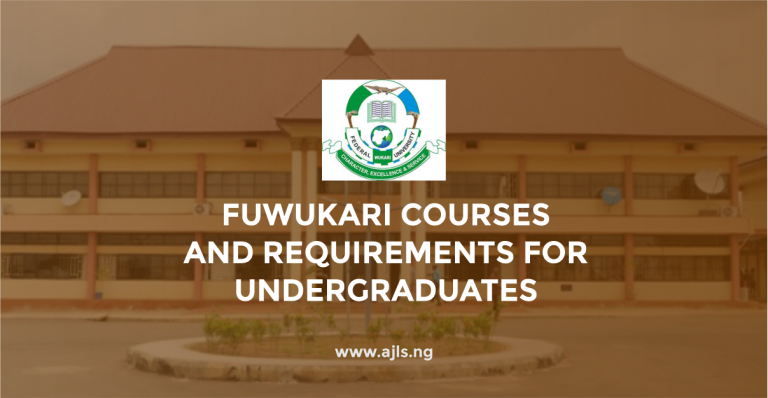WAEC Syllabus For Basic Electricity/Applied Electricity
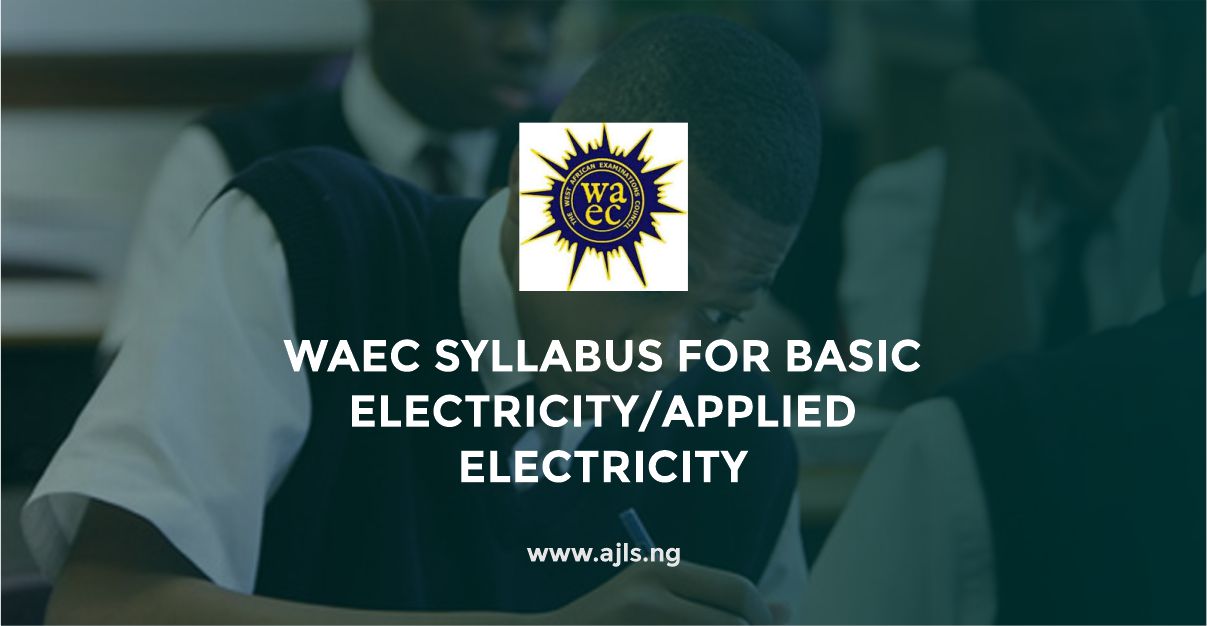
The West African Examinations Council (WAEC) has released the syllabus for Basic Electricity/Applied Electricity to help students prepare effectively for the upcoming exams. The WAEC Syllabus for Basic Electricity/Applied Electricity outlines key topics that will be covered in the examination. It also helps teachers focus on essential areas while coaching students.
By following the WAEC Syllabus for Basic Electricity/Applied Electricity and practicing with past questions, candidates can build a strong understanding of electrical principles and improve their chances of success in the exam. Below is a detailed syllabus and some tips to help you prepare for your examination.
WAEC Basic/Applied Electricity Exam Structure
- Paper 1: 50 multiple-choice questions, to be answered in 1 hour for 50 marks.
- Paper 2: Three sections:-
- Section A (compulsory) – 3 out of 4 questions.
- Section B (for Ghana) – 2 out of 3 questions.
- Section C (for Nigeria, Sierra Leone, and The Gambia) – 2 out of 3 questions.
- Total: 5 questions, 1-hour duration, 50 marks.
- Paper 3: Practical exam with two experiments, lasting 3 hours for 100 marks.
WAEC Syllabus For Basic Electricity/Applied Electricity
Here is a detailed syllabus for Basic Electricity/ Applied Electricity. All those who are writing this examination are expected to follow the syllabus to maximize their chances of excelling in the examinations.
Section A (For All Candidates)
| Topic | Subtopics |
|---|---|
| Direct Current Circuit Theory | Structure of Matter, Resistors, Conductors and Insulators, Ohm’s Law and Kirchhoff’s Laws, Power and Energy. |
| Magnetic Field and Electromagnetism | Fundamentals of Magnetism, Concept of Electric Field, Capacitors, Electromagnetic Field, Self and Mutual Induction. |
| Measuring Instruments | Moving-coil Instrument, Moving-iron Instrument, Digital Instrument. |
| Digital Electronics | Binary Number, Logic Gates. |
| Alternating Current Circuit Theory | Generation of E.M.F. in a Single-turn Coil, A.C. Quantities. |
Section B (For Candidates in Ghana Only)
| Topic | Subtopics |
|---|---|
| RLC Circuits | Analysis of RLC Circuits, Resonance, Impedance, and Reactance. |
| Transformers | Types of Transformers, Principles of Operation, Losses and Temperature Rise, Efficiency, Cooling. |
| Power Supply | Power Supply Units, Rectification. |
| Electrical Machines | A.C. Motors (Single-phase & Three-phase), Alternators, D.C. Generators, D.C. Motors. |
| Electrical Energy Supply | Generating Station. |
| Electrical Wiring | Electrical Installation, Wiring, Protection, Earthing, Maintenance, Fault Diagnosis, and Repairs. |
| General Workshop Safety | Safe Use of Tools and Equipment, Precautionary Measures. |
Section C (For Candidates in Nigeria, Sierra Leone, and The Gambia)
| Topic | Subtopics |
|---|---|
| Electron Emission | Electron Emission, Thermionic Emission, Cathode Ray Tube (CRT). |
| Semiconductor Theory | Diodes, Transistors. |
| Communication | Electromagnetic Waves, Modulation, Amplifiers, Operational Amplifiers. |
| Electricity Transmission and Distribution | Transmission, Distribution of Electricity. |
| Maintenance and Repair of Electrical Appliances | Maintenance and Repair of Electrical Appliances. |
Examination Success Tips
Passing the WAEC Basic Electricity/Applied Electricity exam requires good preparation. Follow these simple tips to improve your chances of success:-
- Check the syllabus to know the topics that will be covered in the exam.
- If you want to pass this examination with flying colors, you need to purchase the past questions and ensure that you use them to practice how to answer questions in the examination.
- The exam includes practicals, so practice circuit connections and measuring voltage. If possible, use a workshop or laboratory for hands-on learning.
- Learn key formulas for power, resistance, capacitance, and transformers. Know when to use them in calculations.
- Make a study timetable and avoid last-minute reading. Use short notes and flashcards to help you remember key points.
- Get enough sleep before the exam to stay fresh. Stay calm and believe in yourself.
Did you find this post helpful? If y, Please share this with other candidates who might be interested in the syllabus. If you have questions, you can ask them in the comments and we will respond shortly.
